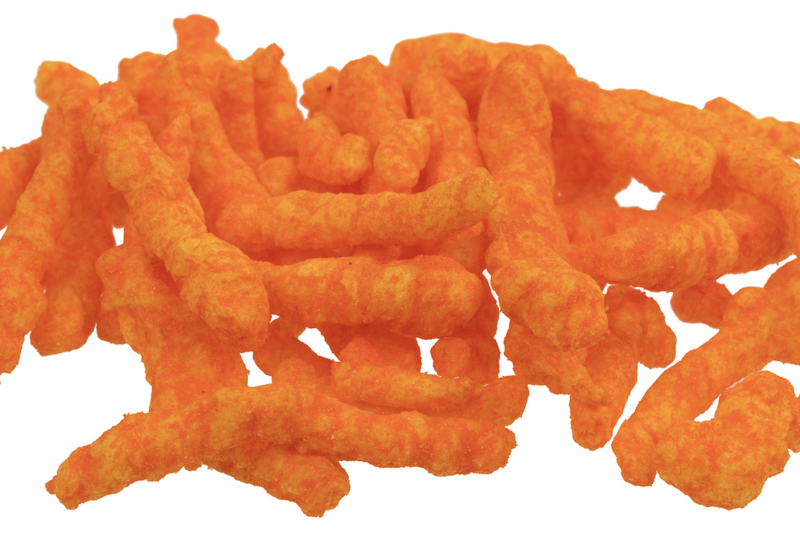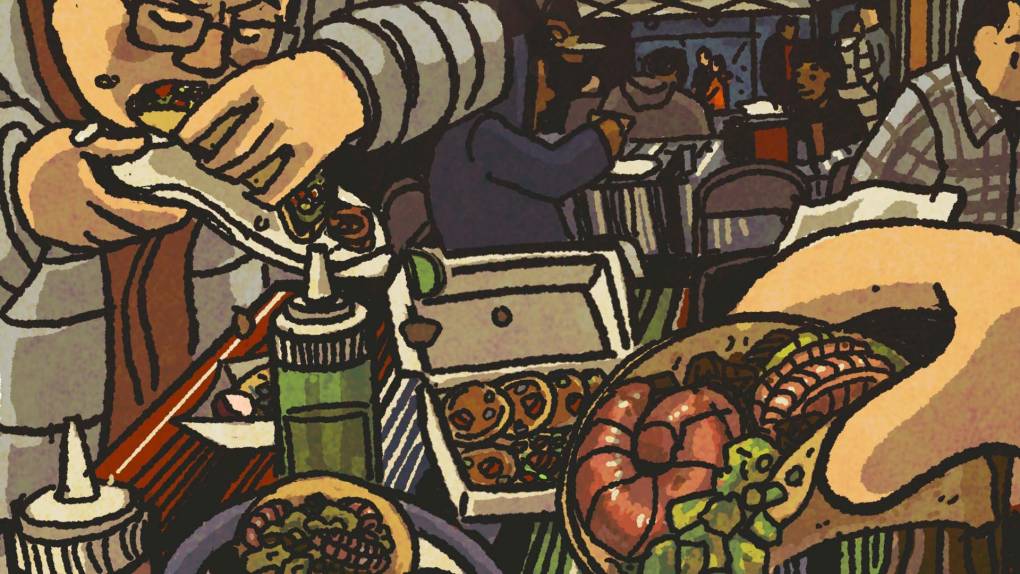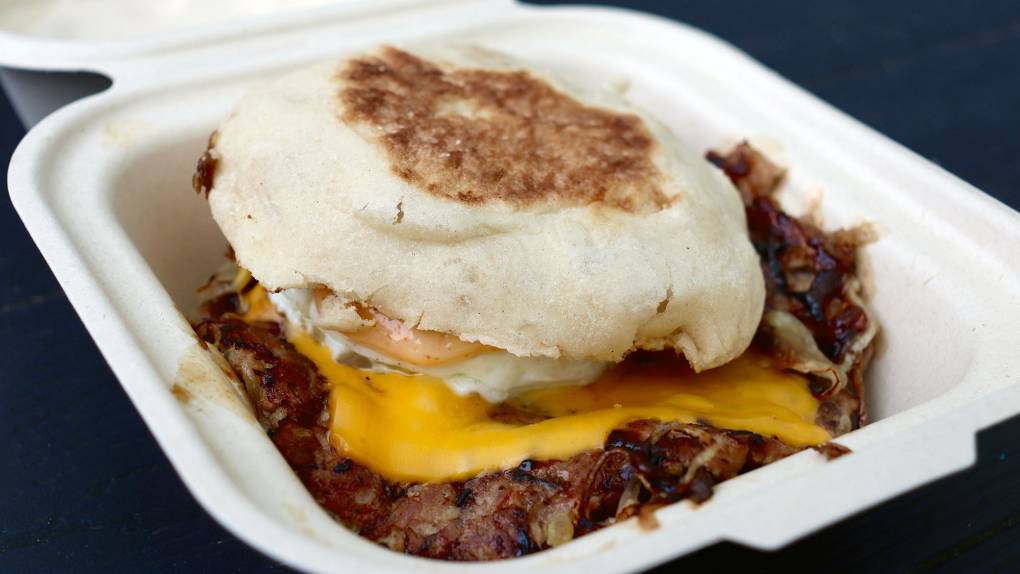The additive titanium dioxide, which is also targeted in the California bill, produces a “smooth finish” and shine in food and has been in use for more than half a century, according to the Environmental Working Group.
In 2022 it was banned by the European Commission, which said it could not rule out that titanium dioxide may pose a health risk and present “genotoxicity” concerns, which means it could cause DNA or chromosomal damage.
Still, some food producers argue that the decision to pull additives from the shelf should be up to regulators at the FDA — not lawmakers.
“These activists are dismantling our national food safety system state by state in an emotionally-driven campaign that lacks scientific backing,” Christopher Gindlesperger, a spokesperson for the National Confectioners Association, said in a statement.
“The only institution in America that can stop this sensationalistic agenda that is not based on facts and science is the FDA,” he said.
What’s next for this proposal in California?
Gabriel, the legislator, said he expected the bill to be heard in the Assembly Education Committee in the coming weeks.
A spokesperson for the Association of California School Administrators told the Los Angeles Times that few schools currently sell snacks that would be subject to the ban, and the biggest impact would be on student stores raising money for student funds.





9(MDAxOTAwOTE4MDEyMTkxMDAzNjczZDljZA004))

